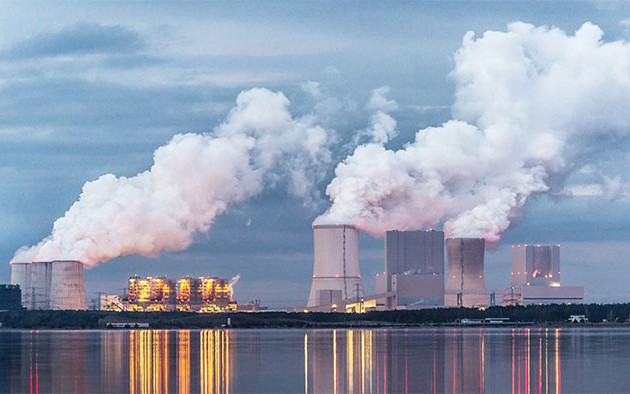The plan aims to effectively implement the tasks and solutions of Decision No. 4405/QD-BTNMT dated December 31, 2024 by the Ministry of Natural Resources and Environment (now the Ministry of Agriculture and Environment) on the Plan for greenhouse gas emissions reduction in the waste management sector through 2030, in line with the practical situation of Hanoi, contributing to achieving the general objectives of the Decision and the national target of net-zero emissions by 2050.

Content of greenhouse gas emissions reduction:
Solid waste treatment (07 items): Minimizing and sorting household solid waste at source; treatment of organic household solid waste with methane recovery as appropriate; recycling of solid waste; compost production; incineration of solid waste and waste-to-energy incineration; production of RDF fuel pellets; landfill with methane recovery. Domestic wastewater treatment (02 items): Enhancing the collection and centralized treatment of domestic wastewater; treatment of domestic wastewater with methane recovery. Industrial wastewater treatment (02 items): Reducing industrial wastewater generation at source; methane recovery from industrial wastewater treatment.
Implementation solutions
Implement greenhouse gas emission reduction plans at the facility level for waste treatment facilities.
Implement measures and activities to reduce greenhouse gas emissions, including methane: Investigate and assess the current situation of generation, collection, transportation, and treatment of household solid waste; upgrade infrastructure and invest in equipment to meet the requirements for sorting, collecting, storing, transporting, and treating household solid waste in accordance with the characteristics of densely populated areas, urban and rural areas; investigate emission sources to develop annual greenhouse gas emission reduction reports for the waste management sector of provinces and centrally run cities; implement greenhouse gas emissions reduction measures, including methane, in the waste management sector; carry out annual greenhouse gas inventories for the waste management sector and waste treatment facilities.
Scientific research and technology development: Apply information technology in managing and monitoring the collection, transportation, and treatment of solid waste; update and integrate the solid waste management database into the national environmental database system.
Communication, capacity building, awareness raising.
The City People's Committee assigns the Department of Agriculture and Environment as the standing agency to guide, monitor, urge, inspect, and evaluate the implementation of the Plan. Investigate, assess, and update the current situation of generation, collection, transportation, and treatment of solid waste; develop plans and implement sorting of household solid waste at the level of households and individuals across the city. Guide and implement pilot models for greenhouse gas and methane emissions reduction in the waste management sector.
Departments, agencies, district- and commune-level People's Committees in the city, as well as waste treatment facilities and enterprises, are to allocate resources and proactively implement tasks to ensure progress and quality. Promote communication activities to raise awareness; mobilize, attract, and encourage participation from relevant parties, political-social organizations, businesses and communities, non-governmental organizations, and domestic and international organizations in coordinating with departments, agencies, and localities to proactively carry out tasks. Provide training, improve quality, and restructure the contingent of civil servants and public employees working in climate change response and climate loss and damage mitigation.